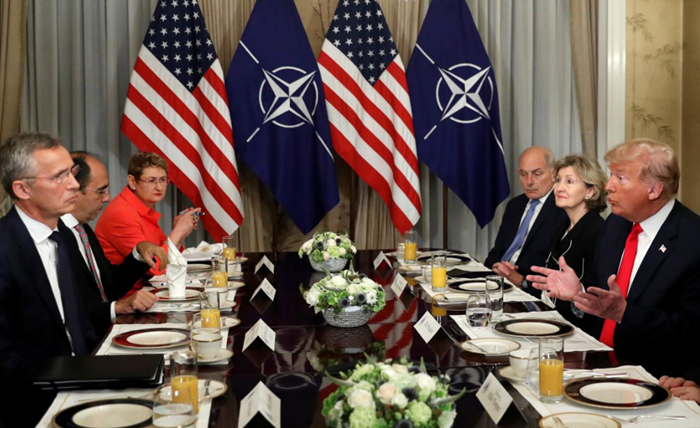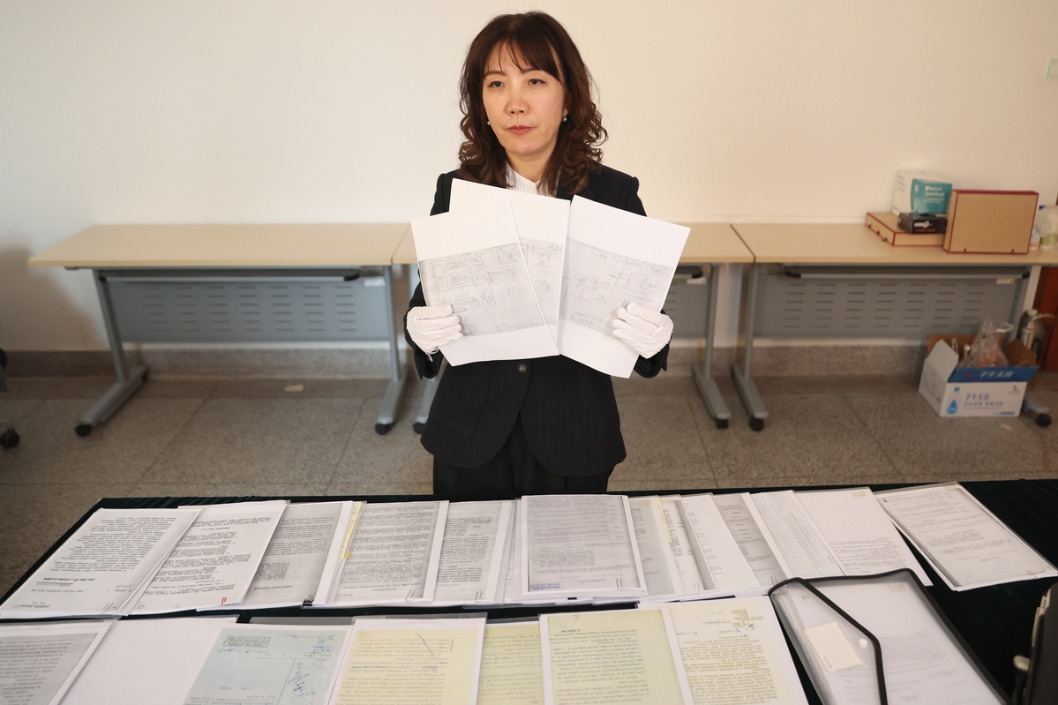NATO’s failed mission in Afghanistan


NATO has reaffirmed its commitment for supporting peace and stability and backing Afghan government up to 2024 in the ongoing war against global terrorism in its two-day summit held in Brussels last week.
The US-led NATO allies invaded Afghanistan in 2001 under the term of “War on Terror” and toppled the Taliban regime in the aftermath of September 11 attacks. The then-president of US George W. Bush said war on terror would end only when “every terrorist group of global reach has been found, stopped and defeated.”
However, his successor, Barack Obama, declared the end of war and US combat mission in December 2014 – despite the escalation of terrorist attacks in Afghanistan – and charged the US troops with anti-terrorist operations and training Afghan forces. With the withdrawal of the bulk of US-led NATO forces from Afghanistan, the security situation degenerated and terrorist networks intensified their attacks against Kabul government.
The incumbent US President Donald Trump claimed he would eradicate radical terrorism “completely from the face of earth” and ordered air strikes against the militant fighters saying “we are killing” terrorists, which indicated seeking peace through war.
Although war on terror toppled the Taliban regime and facilitated a democratic and electoral administration in Afghanistan, militancy could not be ended. Afghan civilians have sustained heavy casualties not only as a result of terrorist offensives but also US-backed NATO air strikes. For example, the United States said last year the number of civilian casualties in Afghanistan was 70 percent more in the first half year than that of 2016 in the wake of US air strikes.
Similarly, dozens of people, including 24 patients and 14 members of the NGO, were killed as the US air strike targeted a hospital, run by Doctors Without Border, in northern Kunduz province in October 2015.
Despite the fact that the protracted war on terror inflicted heavy casualties on soldiers and civilians, it did not bear the desired outcome, which is a bitter pill for the NATO troops to swallow. Worst of all, the self-styled Islamic State of Iraq and Syria (ISIS) emerged in Afghanistan in 2016 with the presence of NATO forces.
In his Friday remark on the 7th World Peace Forum themed “Constructing a Security Community: Equality, Equity, and Justice” held in Beijing, Afghan former president Hamid Karzai slammed the US-led NATO strategy toward peace and stability in Afghanistan and doubted its genuine intention in combating terrorism. He said that “the emergence of new terrorist groups in Afghanistan while the US was present” triggered suspicion and doubt adding the counterinsurgency of Afghanistan’s western allies within the past 17 years “failed”.
NATO forces have figured out the war on terror will not be won only through military means and seek to nudge the Taliban fighters to negotiating table. NATO Secretary General Jens Stoltenberg has said NATO seeks to ensure peace through negotiation and call the Taliban to hold talks with Kabul government.
The unmitigated militancy and frequent terrorist attacks in Afghanistan reflect both the lukewarm response of the militants to peace talks and failure of NATO forces within the past 17 years of war on terror. In short, the war has come to an unbreakable stalemate and there seems no light at the end of the tunnel.
There is a sense of mistrust in the air and Afghan people have lost their confidence in NATO forces believing that its summit will not bring an end to the ongoing violence. None of the strategies of three US presidents could ensure security in the country. With the Trump’s harsh and threatening terms against terrorists such as eradicating the insurgents “completely from the face of earth”, a gleam of hope emerged in Afghanistan and the US for winning the war, but it did not last long because of the insurgents’ large-scale offensives. Now Trump seems more engaged in regional affairs and economic and political game with many other countries and no more threatens the insurgents in the way he did during his campaign and inaugural address.
To support peace in Afghanistan in particular and the region in general, the NATO troops will have to minimize civilian casualties and pressure the militants to practice upon humanitarian law, too. That is, all warring sides are supposed to avoid indiscriminate attacks. Second, members of NATO have to broker peace talks via third party and make all countries to take active part in combating terrorist networks and destroy their safe havens no matter where they are.
The author is an Afghan journalist and freelance writer based in Beijing.


































